
The EU’s energy relations with Russia have become a headline issue in shaping the bloc’s response to Russian aggression in Ukraine. In the REPowerEU Communication of March 8, 2022, the European Commission laid out plans to end dependence on Russian fossil imports whilst combating record-high energy prices and accelerating decarbonisation of the sector in the process. Renewable hydrogen is a key component in these plans as it is a possible substitute for natural gas that can be produced by a range of international partners or indeed within the EU itself.
The REPowerEU Communication established new aims for renewable hydrogen far in excess of the already ambitious targets outlined in the original 2020 EU Hydrogen Strategy and subsequent Fit for 55 package of summer 2021. Under REPower EU, the new target for clean hydrogen consumption by 2030 increases from 5 million tonnes to 20 million tonnes. According to the Communication, the development of hydrogen infrastructure and funding streams should also expand correspondingly, including storage facilities and port infrastructure, streamlined state aid processes, adjustments of regulatory frameworks, and the creation of a Global European Hydrogen Facility.
These goals are laudable and if realised could go a long way to reducing the EU’s dependence on Russian fossil fuels, particularly fossil gas. Nevertheless, there is still no internal market for hydrogen. Moreover, numerous other foreseen and unforeseen bottlenecks must be overcome to make these hydrogen ambitions a reality, such as massive renewable electricity capacity, preparedness of hydrogen import infrastructure, and so on.
Within this context, a panel of experts will meet in an installment of the FSR Policy Webinar series on April 27, 2022, from 15h00 – 16h30 to explore some key questions. Including, how best to trigger investment and developments? What needs to be done on national and European levels?
Opening: Kitti Nyitrai, European Commission
Keynote: Alejandro Nuñez-Jimenez, Harvard Kennedy School (Presenting report “The Future of Renewable Hydrogen in the European Union”)
Panel discussion: Jorgo Chatzimarkakis, Hydrogen Europe
Timo Bollerhey, H2Global
Dr Roland Roesch, IRENA
Ilaria Conti, FSR
Conclusions: Christopher Jones, FSR
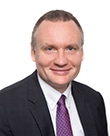

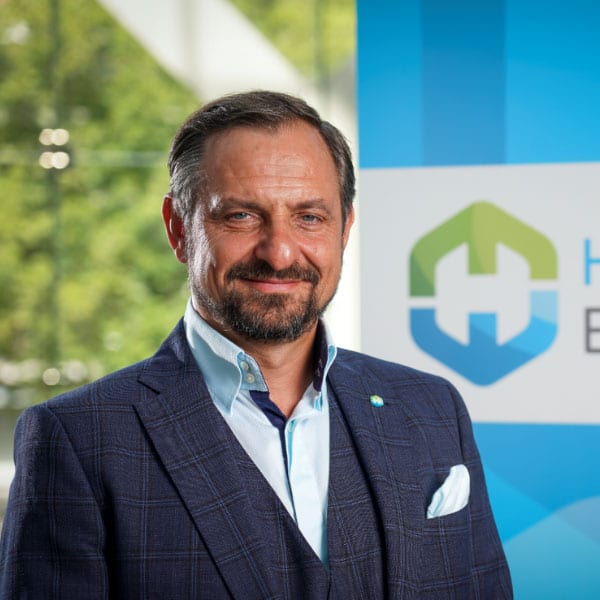
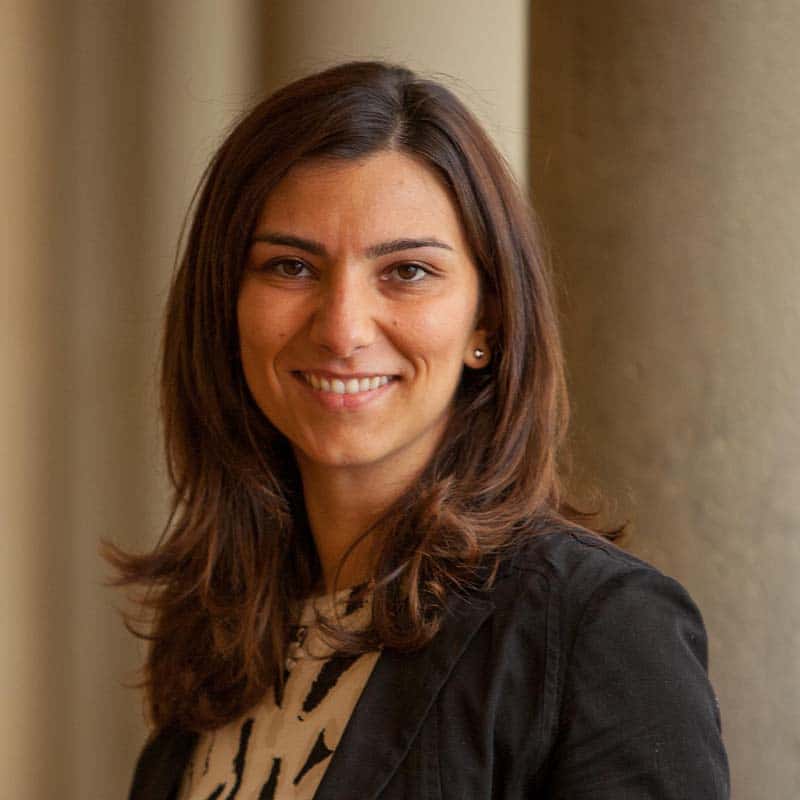

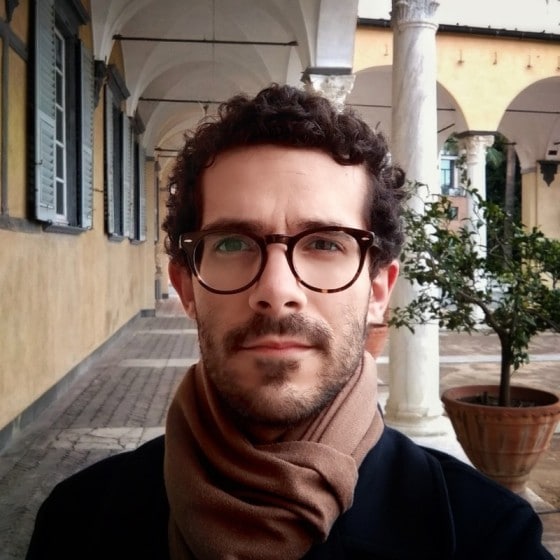
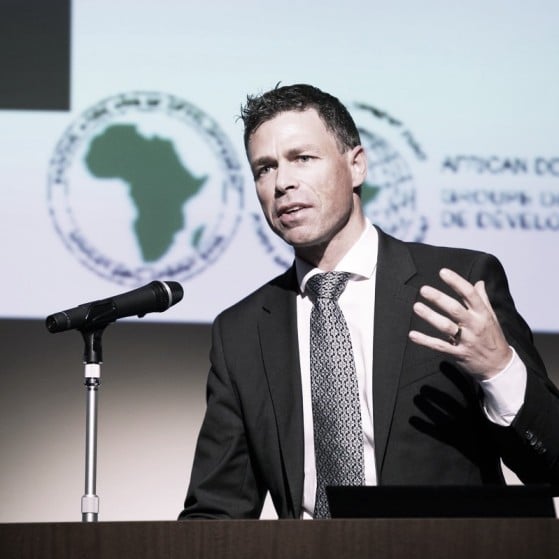
To meet, discuss and learn in the channel that suits you best.